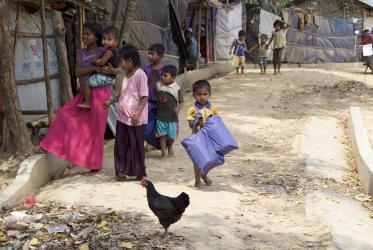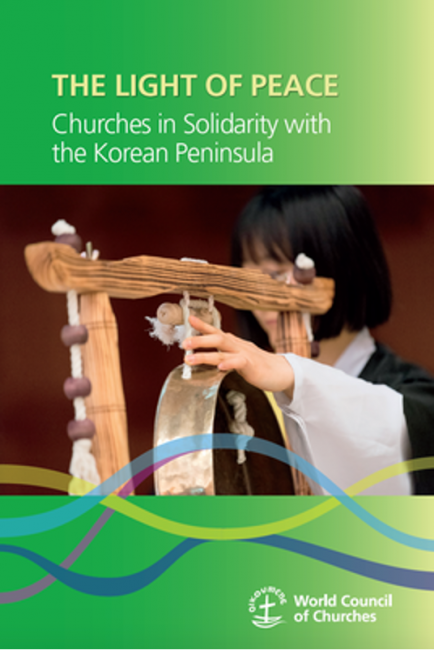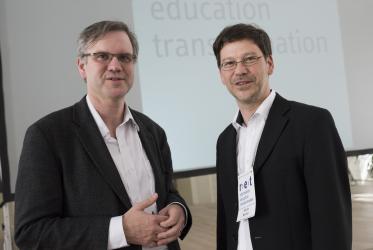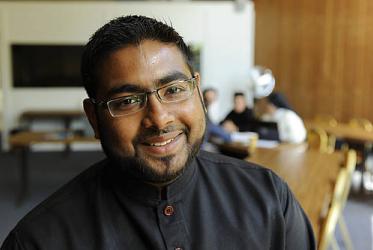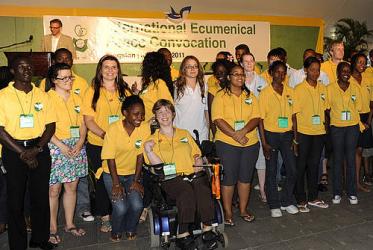Displaying 1 - 20 of 23
“From faith to action” conference will explore ways to protect children’s rights affected by migration
10 - 11 December 2020
Online
WCC stands behind “Statement on Faith in Action for Children”
26 November 2020
A passionate Korean feminist and ecumenist
21 August 2019
#WCC70: Nathan Söderblom, ecumenical pioneer
29 August 2018
In Nigeria, WCC workshops focus on human rights
04 December 2017
WCC students study what makes a peace communicator
18 July 2017
Seminar will address youth engagement, religion and violence
19 August 2016
WCC conference explores ecological injustice in Uganda
21 April 2016
WCC/UN conference calls for coordinated action on refugee crisis
20 January 2016

